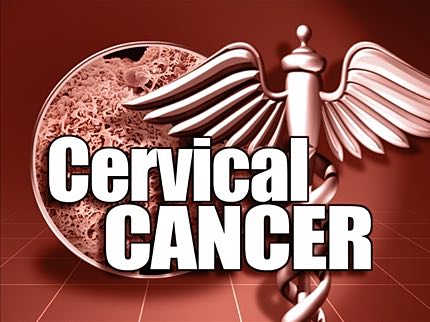By: The Seattle Lesbian—
According to a study by the University of Washington School of Nursing published in January 2015, lesbians are at a greater risk of cervical cancer than their straight counterparts.
Adult nurse practitioner Lindsay Waterman paired up with UW’s associate professor of biobehavioral nursing and health systems, Joachim Voss, to look at previous literature on “lesbians’ healthcare, human papillomavirus (HPV), women’s risk for cervical cancer and other potential healthcare limitations, such as lack of insurance.”
They found four main factors that put lesbians at greater risk for cervical cancer.
- Lesbians tend to have lower rates of cervical cancer screenings than heterosexual women.
- With inconsistent healthcare messages about safe sex and risks of sexually transmitted diseases, lesbians may not feel the need for Pap screenings for HPV.
- The public lacks awareness on HPV DNA, which can be transmitted between women who only have sex with women through both skin-to-skin contact and through sex toys.
- Though a majority of women who identify as lesbians have had previous sexual encounters with men, caregivers tend not to routinely encourage lesbian patients to get screened for HPV.
Waterman said that 77 percent of lesbians have had sex with men, but many healthcare providers assume lesbians lack any sexual contact with men and therefore don’t encourage the screenings. [pullquote]About 7.8 of every 100,000 women are diagnosed with cervical cancer annually in the United States. While HPV is common and can be treated effectively in most cases, screening guidelines don’t include language or considerations for lesbians.[/pullquote]
About 7.8 of every 100,000 women are diagnosed with cervical cancer annually in the United States. While HPV is common and can be treated effectively in most cases, screening guidelines don’t include language or considerations for lesbians.
Waterman believes many lesbians fear coming out to their doctor because of previous negative experiences with healthcare providers. She also said clinicians are also unlikely to ask about a woman’s sexual orientation if they are unsure of the answer.
“If we are serious about reducing the rates of cervical cancer in lesbians, an unbiased health assessment by a provider must ask the question: ‘Do you have sex with men, women or both?’” Voss said.
This focus, he says, will be on the sexual practices rather than a sexual-identity label.
He also said providers knowledgeable about lesbian sexual practices that identify themselves in such a way will make conversations less awkward and “allow lesbians to receive sexual orientation-specific preventative measures and judgment-free treatments.”








